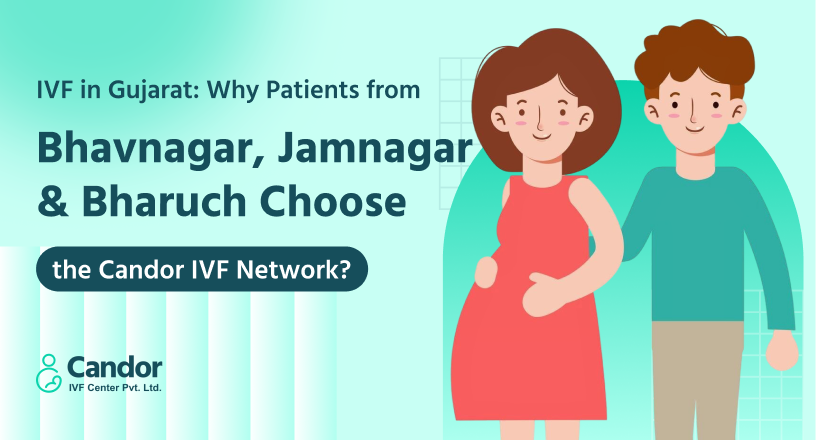We know that IVF is a lengthy process, so it requires thoughtful care and attention. A common misconception is that bed rest is essential after the procedure. Let’s explore whether bed rest is truly needed after IVF.
What Is IVF and Why Is Post-Transfer Care Important?
IVF stands for In Vitro Fertilization. The process involves fertilizing an egg with sperm in a medical setting outside the human body and then transferring the embryo into the uterus. Since its invention, the procedure has enabled millions of couples around the globe to conceive and build families successfully.
After completing the IVF process, it’s important to understand that an adequate diet and light exercise are helpful in post-embryo transfer care. The days following an embryo transfer are crucial for implantation, and your body needs proper conditions for an embryo to develop.
The Role of Bed Rest in IVF: A Historical Perspective
The belief that bed rest improves the chances of embryo implantation stems from early IVF practices. In the past, many doctors advised complete bed rest after an embryo transfer. However, modern studies show that bed rest does not enhance implantation or pregnancy success. In fact, prolonged inactivity can increase stress and anxiety, which could be detrimental to overall health.
Expert Recommendations
Most fertility specialists today agree that moderate activity is beneficial after IVF. Light activities, such as walking, can improve blood flow and reduce stress. It’s important to listen to your body, rest if you feel tired, but avoid high-intensity exercises like heavy lifting.
When Might Bed Rest Be Recommended?
Although bed rest is generally unnecessary after an IVF transfer, there are situations where doctors may recommend limited rest. For instance:
- Patients with previous failed IVF cycles or multiple miscarriages may be advised to rest more carefully.
- Women with existing medical conditions that require closer monitoring might also need more rest, typically lasting only a few hours or up to a day.
Managing Emotional Health during the IVF Journey
Psychological stress during the two-week waiting period after an embryo transfer can be intense. Staying active, both physically and mentally, can help reduce anxiety and create a sense of control. Seeking support from a therapist or counselor who specializes in infertility can also be helpful in managing stress and maintaining a positive outlook.
Conclusion
In conclusion, bed rest is generally unnecessary after IVF. Light activity and staying mentally engaged can contribute to a better emotional and physical state. Always follow your doctor’s advice, and for any questions or concerns, visit your nearest Candor IVF center.








